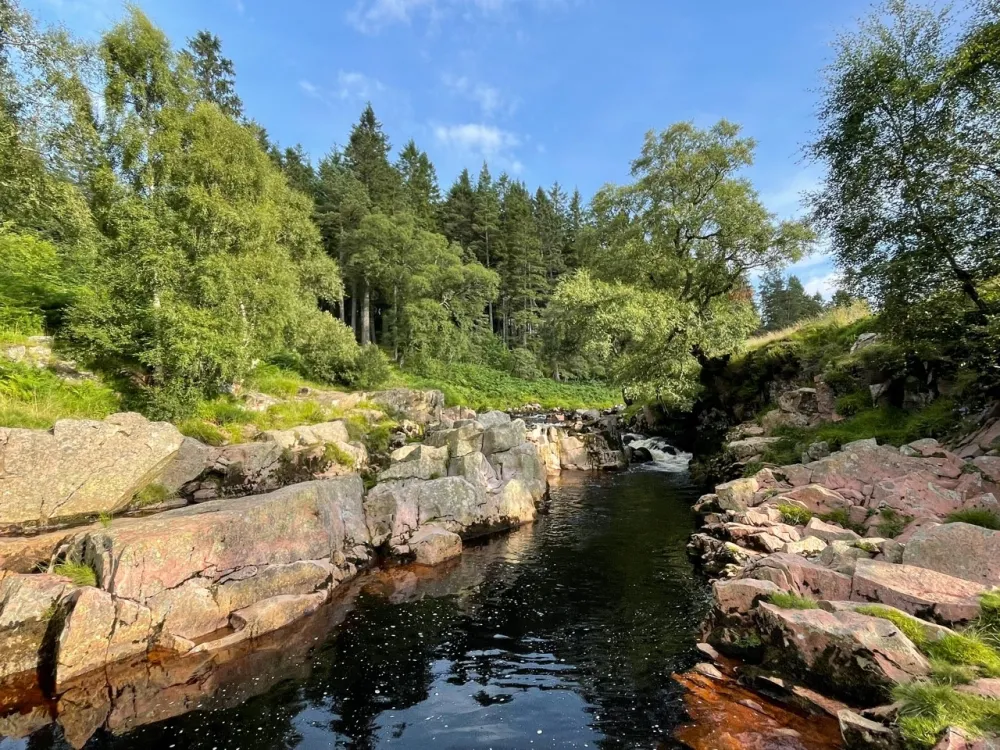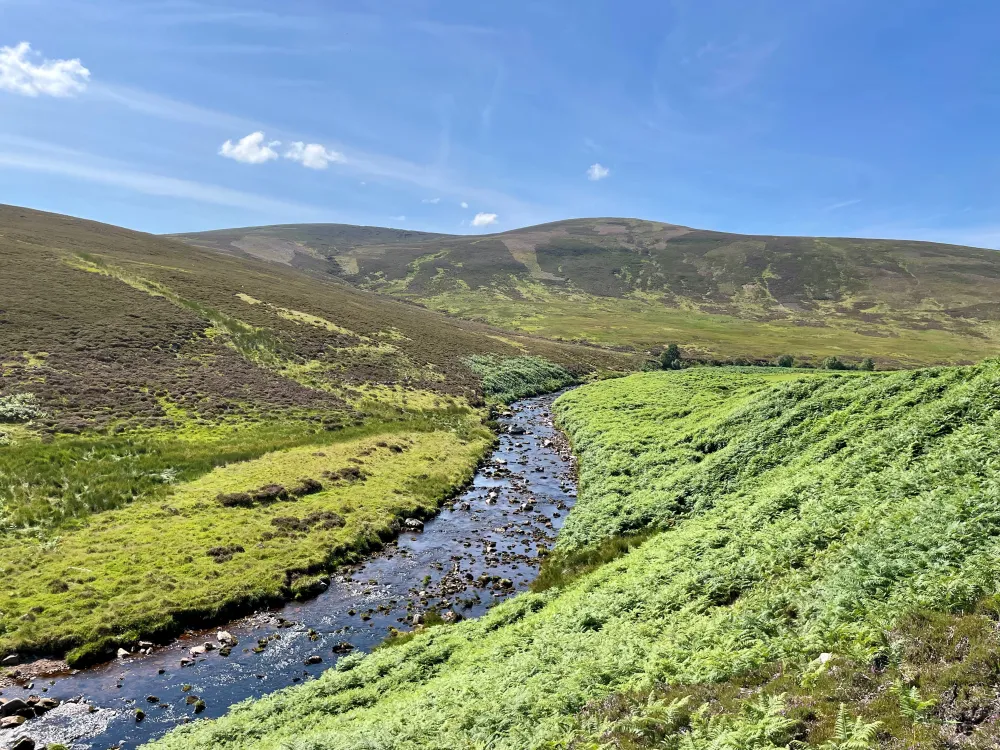Natural capital solutions
Afforestation schemes
We understand the growing requirement for investments that contribute to better environmental and social outcomes whilst meeting financial objectives. We have been committed to UK-based forestry investments as a source of natural capital since 2012. Our forestry vehicles provides access to tax-efficient, sustainable investments with greater diversity than acquiring a single site.
Peatland restoration
Lowland and upland peatlands which are heavily degraded will no longer support natural vegetation and will release carbon into the atmosphere. However, together with our operating partner, Scottish Woodlands, our active, sustainable management of peatland sites is turning these carbon emitting sites into a carbon capture opportunity, whilst also developing biodiversity in the area.
Biodiversity initiatives
Through our involvement in one of the UK's largest natural capital projects at Glen Dye Moor, we are helping to promote biodiversity through the planting of native trees and shrubs and the creation of wetlands supporting the full life cycle of dozens of species.

Our approach to natural capital
Since 2012, we're proud to have led multiple, new UK-based planting programmes, primarily in Scotland, the North of England, and Wales. Through our partnership with Scottish Woodlands, we're accessing off-market opportunities and taking a proactive management approach to each site, maximise its long term sustainability and value.
We work with institutional investors, family offices and high-net worth individuals with the scope to build tailored solutions. At the core, we offer a diversified portfolio of forestry assets to include both new planting opportunities and more mature sites. However, we also work with our partners to identify sites which are more suitable for sustainable woodland schemes or peatland restoration to improve bio-diversity and meet carbon capture targets.
The benefits of investing in forestry
Attractive returns
Forestry investments have historically offered attractive returns over several decades, outperforming many mainstream asset classes. Demand for timber continues to rise, and active management of the sites opens up further opportunities to deliver sustainable investment returns.
Portfolio diversification
Forestry provides excellent diversification for investors, with low correlation to traditional asset classes. This makes it an effective way to balance a portfolio and reduce overall risk, offering stability in uncertain market conditions.
Hedge against inflation
As a tangible, real asset, forestry has strong inflation-hedging characteristics. Timber prices often rise in line with inflation, making forestry a reliable investment to preserve and grow wealth in the face of increasing prices.
Combatting climate change
Investing in forestry contributes to the fight against climate change. Investors are increasingly focused on achieving Net Zero carbon emissions, and forestry offers significant benefits through carbon sequestration, especially with new planting initiatives helping to offset carbon footprints.
Supporting rural employment
Most UK-based sites are in Scotland, the north of England and Wales. Natural capital strategies help to drive investment in rural communities, supporting and creating jobs.
Tax planning benefits for retail investors
Forestry investments offer compelling tax advantages for retail investors, including 100% relief from inheritance tax after a two-year qualifying period. There is no income tax on timber sales and no capital gains tax on the increase in the value of trees.

Glen Dye Moor
The Glen Dye Moor Project has the potential to make a major contribution to the transition to net zero while delivering multiple social, economic and environmental benefits.
The moor was acquired in December 2021 by Par Equity in partnership with Aviva Investors. Prior to the acquisition the previous owners used the land as a deer forest and grouse moor with sporting rights, which ceased when we bought it.
There is enormous ambition for this project which will help tackle climate change through the peatland restoration initiatives and sustainable woodland plantation schemes. Over the life of the project, we expect to capture 1.4 million tonnes of carbon, whilst creating rural jobs and preserving a landscape that people will enjoy for generations to come.
Our Forestry Team
Since 2012, our team has accumulated considerable industry expertise and contacts and we now manage a range of natural capital vehicles, funds and mandates.
A new era
Par Equity has now merged with Praetura Ventures and Praetura Investments to become PXN Group. While the core investment team remains the same, over time you'll begin to see changes to our brand and an expansion in what we offer. In the meantime, please visit the relevant pages to learn more.



